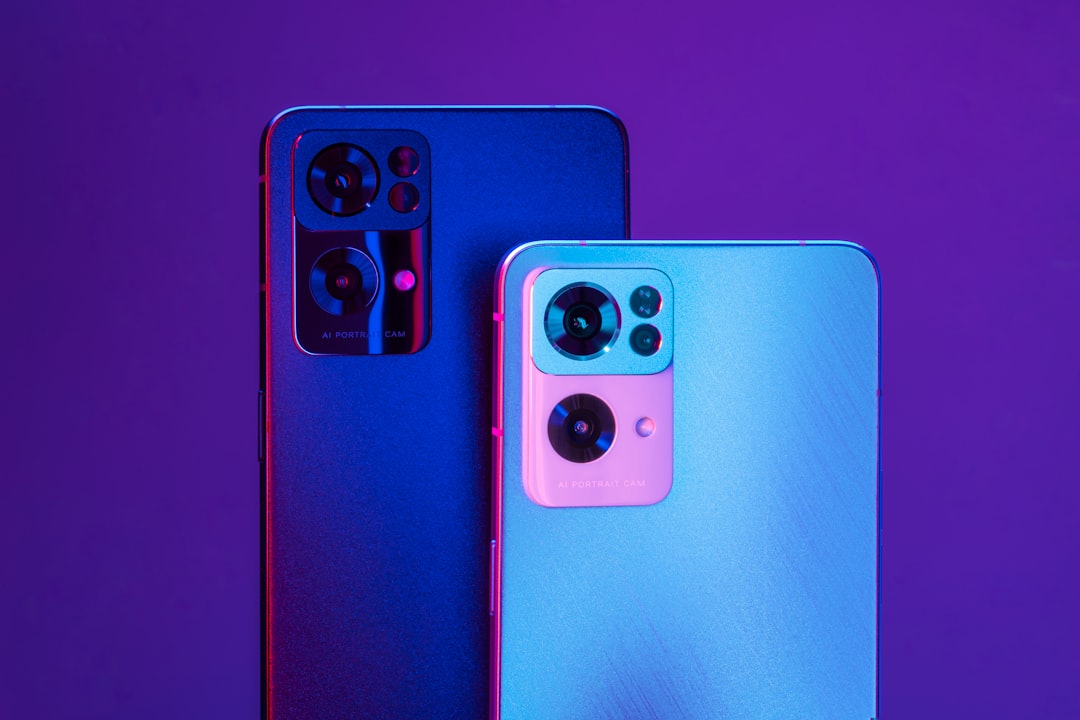The introduction of 5G networks in Maryland offers a transformative opportunity for telemarketing while navigating the state's stringent Do Not Call laws. With significantly faster speeds and real-time interactions, businesses can personalize marketing campaigns, improving customer engagement. However, this advancement presents challenges, such as misdirection and consumer frustration, requiring stricter compliance measures to protect privacy. Maryland's evolving Do Not Call regulations demand that telemarketers balance marketing efforts with consumer rights, leveraging 5G for personalized outreach while respecting opt-in preferences.
“The advent of 5G networks is transforming Maryland’s telemarketing landscape, offering unprecedented speed and capacity. This evolution presents both opportunities and challenges for businesses seeking to optimize their outreach strategies. With enhanced connectivity, personalization becomes more feasible, but it also raises concerns about consumer privacy and Maryland’s stringent Do Not Call laws in the digital age. This article explores these dynamics, providing insights into how 5G can revolutionize personalized telemarketing while adhering to legal guidelines.”
Understanding 5G Networks: Speed and Capacity Revolution

The advent of 5G networks marks a significant leap in wireless technology, promising unparalleled speed and capacity improvements over their 4G predecessors. This next-generation mobile network has the potential to revolutionize various sectors, including telemarketing, by enabling faster data transfer rates and more efficient communication. With speeds up to 20 times faster than 4G, 5G networks can facilitate real-time interactions, making it easier for businesses to engage with customers instantly.
In Maryland, where Do Not Call laws are stringent, this technology could enhance telemarketing practices by ensuring compliance and improving customer experience. By leveraging the increased capacity of 5G, companies can deliver targeted campaigns with precision, allowing for more personalized communication while respecting consumer privacy. This evolution in network capabilities opens up new avenues for innovative marketing strategies, making Maryland’s telemarketing landscape more dynamic and efficient.
Impact on Telemarketing: Opportunities and Challenges

The introduction of 5G networks is poised to significantly reshape Maryland’s telemarketing landscape, presenting both opportunities and challenges for businesses operating within the state’s stringent Do Not Call laws. With faster speeds and lower latency, 5G enables more dynamic and interactive communication, opening doors for innovative telemarketing strategies. Marketers can now leverage real-time data analytics to personalize interactions, improving customer engagement and conversion rates. Moreover, remote work trends accelerated by the pandemic have already paved the way for a more distributed workforce, allowing call centers to operate efficiently with distributed teams connected via 5G.
However, these advancements also bring complexities. As interactions become more personalized, there’s an increased risk of misdirecting calls or causing consumer frustration. Additionally, while 5G enhances data transmission, it raises concerns about privacy and security, requiring stricter measures to protect sensitive customer information from breaches. Navigating these challenges will be crucial for telemarketers in Maryland to stay compliant with Do Not Call laws and maintain consumer trust in the evolving digital landscape.
Maryland's Do Not Call Laws in the Digital Age

In the digital age, Maryland’s Do Not Call laws have evolved to keep pace with technological advancements, particularly with the advent of 5G networks. These regulations are designed to protect residents from unwanted telemarketing calls and provide them with control over their communication preferences. With the increased speed and capacity of 5G, businesses now have more opportunities to engage in direct marketing efforts. However, this also raises concerns about consumer privacy and the potential for excessive or intrusive calls.
To address these issues, Maryland has implemented strict guidelines that telemarketers must adhere to. Consumers can register their phone numbers on the state’s Do Not Call list, effectively blocking most commercial calls. This power shifts to the residents of Maryland, allowing them to decide when and how they wish to be contacted by sales or promotional campaigns. As 5G networks continue to roll out, it’s crucial for businesses operating in this space to understand and respect these regulations, ensuring a harmonious balance between marketing efforts and consumer privacy.
Enhancing Customer Experience: Personalized Outreach

With the rollout of 5G networks, telemarketing in Maryland is experiencing a transformative shift, particularly in enhancing customer experiences through personalized outreach. The improved network speed and reduced latency enable real-time data sharing and interactive communication, allowing businesses to tailor their marketing strategies more effectively. By leveraging advanced analytics and consumer insights, telemarketers can now deliver targeted messages that resonate with individual preferences, thereby increasing engagement rates and reducing unwanted calls.
This evolution is particularly relevant in Maryland, where “Do Not Call Laws” are strictly enforced to protect residents from unsolicited sales calls. With 5G, businesses have the tools to ensure their marketing efforts comply with these regulations while offering a more personalized experience. Through smart technology, telemarketers can now manage customer opt-in preferences, instantly update call scripts, and seamlessly transition between different communication channels, ensuring that every interaction is relevant and valued by the consumer.






